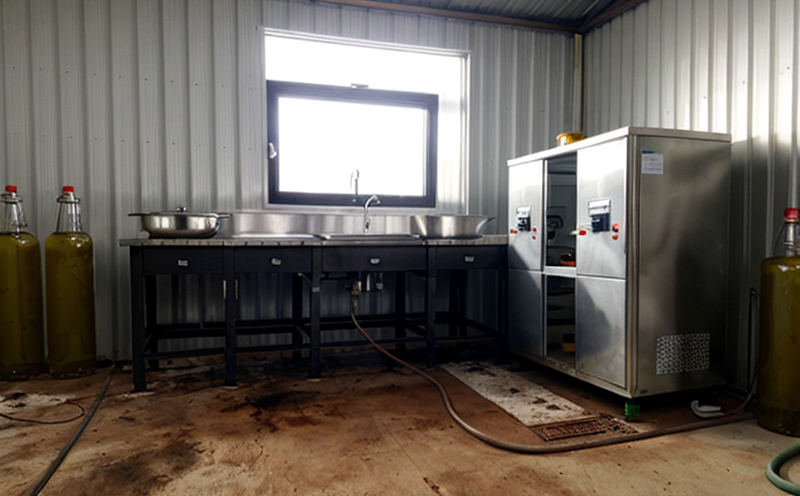Cooking oil suppression system inspection
The cooking oil suppression system is a critical component in ensuring fire safety and protection within commercial kitchens. This system is designed to detect and extinguish fires involving cooking oils, which are highly flammable due to their low flash points. These systems often employ automatic sprinklers or other methods to release chemicals that can cool the oil below its ignition temperature.
Regular inspection of these systems is mandatory in compliance with fire safety regulations such as NFPA 96 and ISO standards. The primary objective of a cooking oil suppression system inspection is to ensure that all components are functioning correctly, from the detection devices to the release mechanisms. This ensures that in case of an emergency, the system can activate swiftly and effectively.
During inspections, we follow strict protocols as outlined by industry standards. This includes checking for any signs of wear or damage on the nozzles, inspecting the piping for leaks or blockages, and verifying the integrity of the release mechanisms. Additionally, we test the system’s response time to ensure it meets the required threshold.
It is essential to note that a malfunctioning cooking oil suppression system can lead to severe consequences including property damage, injury, and even loss of life. Hence, adherence to rigorous inspection procedures cannot be overstated. Our team utilizes state-of-the-art diagnostic tools to identify any potential issues early on, ensuring the system remains reliable.
In some cases, we may also recommend preventive maintenance based on our findings during inspections. This could include cleaning or replacing components that have shown signs of wear over time. By addressing these issues proactively, we help prevent costly and dangerous emergencies.
Why It Matters
The importance of a thorough cooking oil suppression system inspection cannot be overstated in the context of fire safety and protection systems. Commercial kitchens are inherently high-risk environments due to the presence of flammable cooking oils, gases, and other combustible materials.
Fires involving cooking oils are particularly dangerous because they can spread rapidly and reach temperatures that can damage equipment and structures. According to studies by the National Fire Protection Association (NFPA), fires in commercial kitchens accounted for 20% of all reported fires between 2015-2019, resulting in significant economic losses.
Regular inspections play a crucial role in minimizing these risks. By identifying and rectifying issues early on, we can prevent minor problems from escalating into major incidents. This proactive approach not only enhances safety but also helps businesses comply with regulatory requirements, thereby safeguarding both personnel and assets.
Industry Applications
- Hotels and restaurants: Ensuring that cooking oil suppression systems are in optimal working condition is essential for maintaining a safe environment in busy kitchens.
- Catering services: Mobile catering units require regular inspections to ensure they meet local fire safety standards.
- Cafeterias and canteens: These establishments benefit from reliable cooking oil suppression systems that can quickly respond to potential fires, protecting staff and patrons alike.
- Manufacturing facilities: In some industries where food processing takes place, the risk of fire is high due to the use of large quantities of cooking oils.
Competitive Advantage and Market Impact
By offering comprehensive cooking oil suppression system inspection services, we provide businesses with a significant competitive advantage in terms of safety compliance. In today’s regulatory landscape, adherence to fire safety standards is not just an option but a necessity.
Customers who invest in our inspection services can rest assured that their establishments are meeting the highest industry standards for fire safety. This translates into enhanced reputation and trust among customers and stakeholders. Moreover, being compliant with regulations can open doors to new markets where stringent safety requirements apply.
The demand for reliable cooking oil suppression systems is expected to grow as more businesses recognize the importance of fire safety in their operations. Our expertise in this area positions us at the forefront of this market trend, providing unparalleled service and support to our clients.





